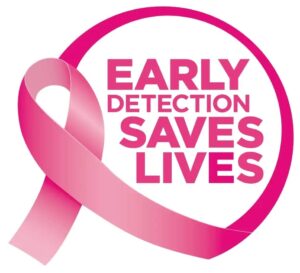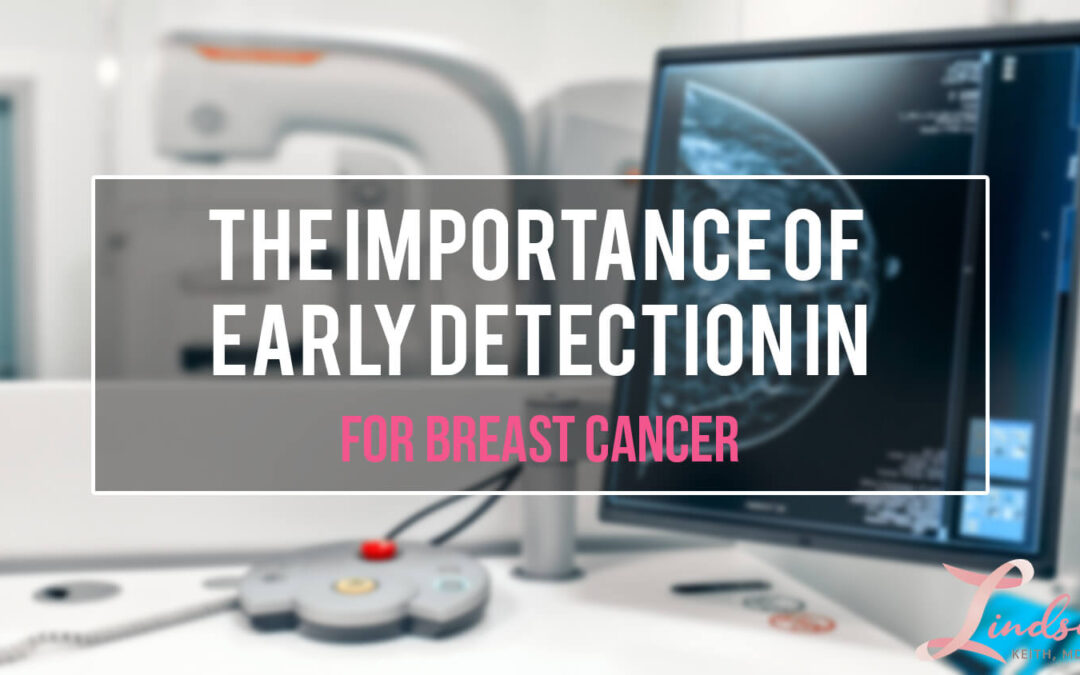Breast cancer is a significant health concern for women worldwide, including in Pakistan. However, early detection through regular screening can significantly improve outcomes and increase survival rates. In this blog, we’ll explore the importance of early detection, the benefits of regular screening, and why every woman should prioritize their breast health.
The Importance of Early Detection:
Early detection of breast cancer is crucial because it increases the chances of successful treatment and improves survival rates. When breast cancer is diagnosed at an early stage, it is often easier to treat and may require less aggressive interventions. Regular screening allows for the detection of cancerous changes in the breast tissue before symptoms develop, enabling prompt medical intervention.
Benefits of Regular Screening:
Regular breast cancer screening, including mammograms and clinical breast exams, offers several benefits. Firstly, it helps identify abnormalities in the breast tissue that may indicate the presence of cancer or pre-cancerous changes. Early detection allows for timely intervention, which can prevent the progression of cancer and improve treatment outcomes.
Additionally, regular screening enables healthcare providers to monitor changes in breast health over time, providing a baseline for comparison in future screenings. This continuity of care ensures that any changes in breast tissue are promptly identified and addressed, reducing the risk of delayed diagnosis and allowing for early intervention.
Why Every Woman Should Prioritize Breast Health:
Breast cancer can affect women of all ages and backgrounds, making it essential for every woman to prioritize her breast health. By scheduling regular screenings according to recommended guidelines, women can take an active role in detecting breast cancer early and reducing their risk of developing advanced-stage disease.
Regular breast cancer screening is especially important for women with a family history of breast cancer, those with genetic mutations such as BRCA1 or BRCA2, and women over the age of 40. However, all women should be aware of their breast health and discuss screening options with their healthcare providers.
The power of early detection cannot be overstated when it comes to breast cancer. Regular screening plays a vital role in identifying breast cancer at its earliest and most treatable stages, offering women the best chance for successful outcomes. By prioritizing regular screenings and staying proactive about breast health, women can take control of their well-being and reduce their risk of breast cancer-related complications. Remember, early detection saves lives.
For more information on breast cancer screening guidelines and resources, visit Pink Ribbon’s website at pinkribbon.org.pk.







I sincerely enjoyed what you’ve accomplished here. The sketch is fashionable, your written content chic, yet you appear to have developed some apprehension regarding what you aim to offer thereafter. Certainly, I shall return more frequently, just as I have been doing almost constantly, should you uphold this upswing.
This website is an absolute gem! The content is incredibly well-researched, engaging, and valuable. I particularly enjoyed the [specific section] which provided unique insights I haven’t found elsewhere. Keep up the amazing work!
The breadth of knowledge compiled on this website is astounding. Every article is a well-crafted masterpiece brimming with insights. I’m grateful to have discovered such a rich educational resource. You’ve gained a lifelong fan!